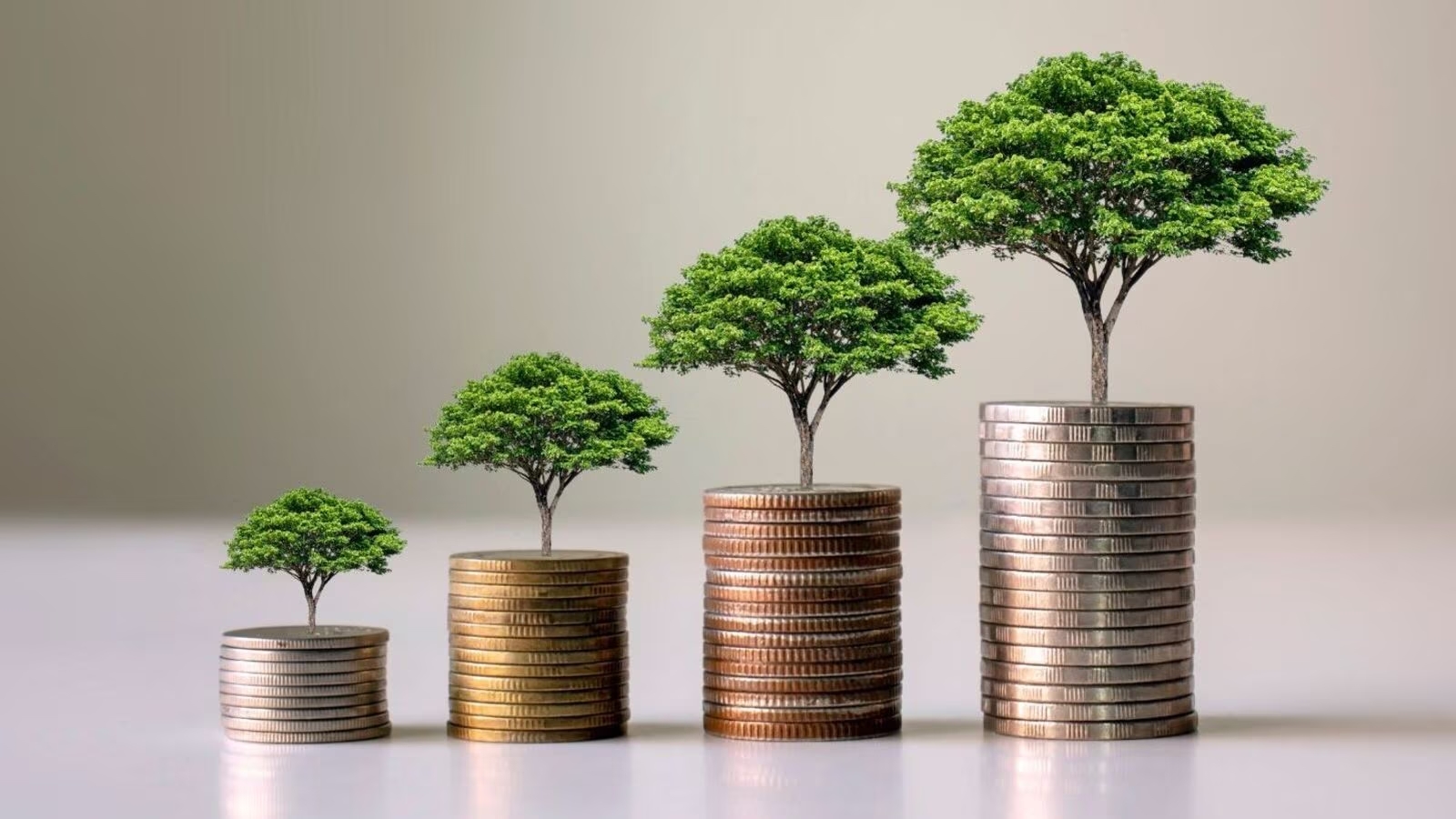Planning to invest in green deposits? RBI releases latest guidelines to explain key provisions (Live Mint)

- 01 Jan 2024
Why is it in the News?
In a recent guideline, the Reserve Bank of India (RBI) said banks and Non-Banking Financial Companies (NBFCs) don’t need to raise green deposits.
What are Green Deposits?
- A green deposit is essentially a fixed-term deposit designed for individuals seeking to invest in eco-friendly projects.
- Similar to a standard Fixed Deposit scheme, the green deposit offers interest to investors and has a predetermined term.
Key Features:
- Allocation to Green Finance: The funds deposited in a green deposit are specifically earmarked for allocation to green finance initiatives, promoting environmentally conscious investments.
- Environmentally Friendly Focus: Also referred to as an environmentally friendly fixed deposit, this financial instrument encourages sustainable development by directing funds toward projects related to renewable energy, clean technology, and other environmentally beneficial initiatives.
- Priority Sector Classification: Green activities or projects financed through this framework may be classified under the priority sector, provided they meet the requirements outlined in the Priority Sector Lending (PSL) guidelines of the Reserve Bank of India (RBI).
- Overdraft Facility: Banks are permitted to offer overdraft facilities to customers against their Green Deposits, providing added flexibility.
- Currency Denomination: As per the current framework, green deposits can only be denominated in Indian Rupees.
- Insurance Coverage: Deposits raised under this framework are covered by the Deposit Insurance and Credit Guarantee Corporation (DICGC) in accordance with the Deposit Insurance and Credit Guarantee Corporation Act, 1961, and the relevant regulations.
- Renewal or Withdrawal: Upon maturity, depositors have the option to either renew or withdraw their green deposits, providing flexibility and choice.
Advantages of Green Deposits:
- Contribution to Climate-Friendly Initiatives: Green deposits empower depositors to actively participate in climate-friendly initiatives, aligning with India's net-zero goals and promoting environmental sustainability.
- Support for Socially Responsible Activities: Although higher interest rates may not be the primary focus, depositors indirectly contribute to socially and environmentally responsible endeavours.
- Their funds play a pivotal role in supporting activities that benefit the community and the planet.
- Positive Environmental Impact: By investing in green deposits, depositors contribute to positive outcomes such as reduced emissions, improved air quality, and sustainable resource allocation.
- These actions foster positive externalities, creating a healthier environment for all.
- Contribution to Reduced Income Inequality: The support for eco-friendly initiatives and fair resource allocation facilitated by green deposits contributes to long-term reductions in income inequality, fostering a more equitable and sustainable society over time.
Challenges Associated with Green Deposits:
- Design Limitations: Flaws in the design of green deposit frameworks may restrict the scope of eligible green projects that banks can invest in, limiting the diversity of environmentally beneficial initiatives.
- Perceived Reality vs. Impact: There is a concern that some green investment products may serve more as a psychological boost for investors rather than delivering substantial environmental benefits.
- The actual impact on the environment may not align with the positive perception created.
- Uncertain Project Sustainability: The long-term sustainability of green projects funded by banks remains uncertain, raising questions about the enduring impact of investments in environmentally friendly initiatives.
- Lack of Awareness: Insufficient awareness among bank staff can result in delays in the process of acquiring green deposits, hindering the seamless integration of eco-friendly financial products into banking operations.
- Lower Interest Rate Perception: Investors often prioritize high returns, and the perception that green deposits may offer lower interest rates could deter them from choosing environmentally conscious financial products.
